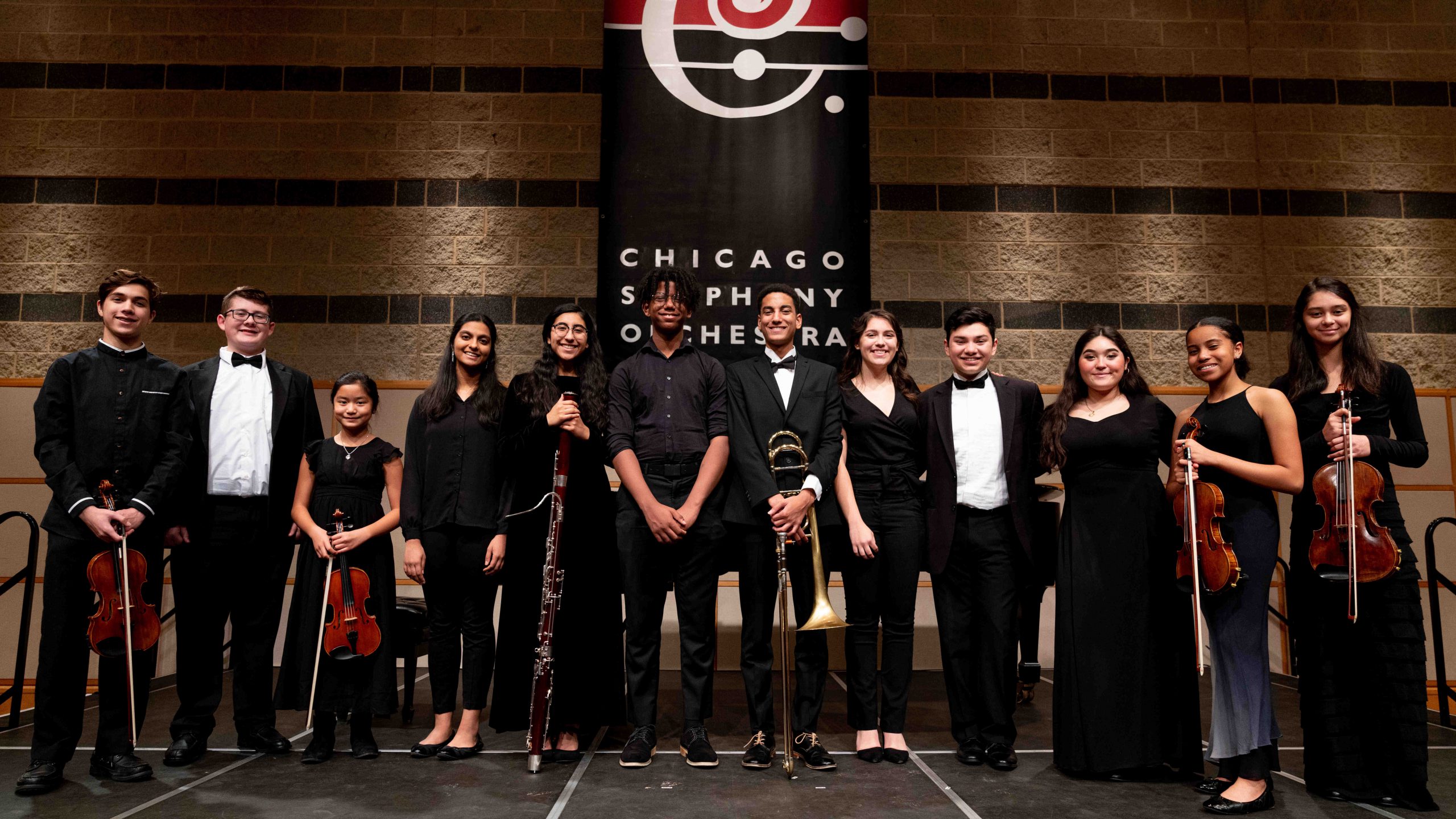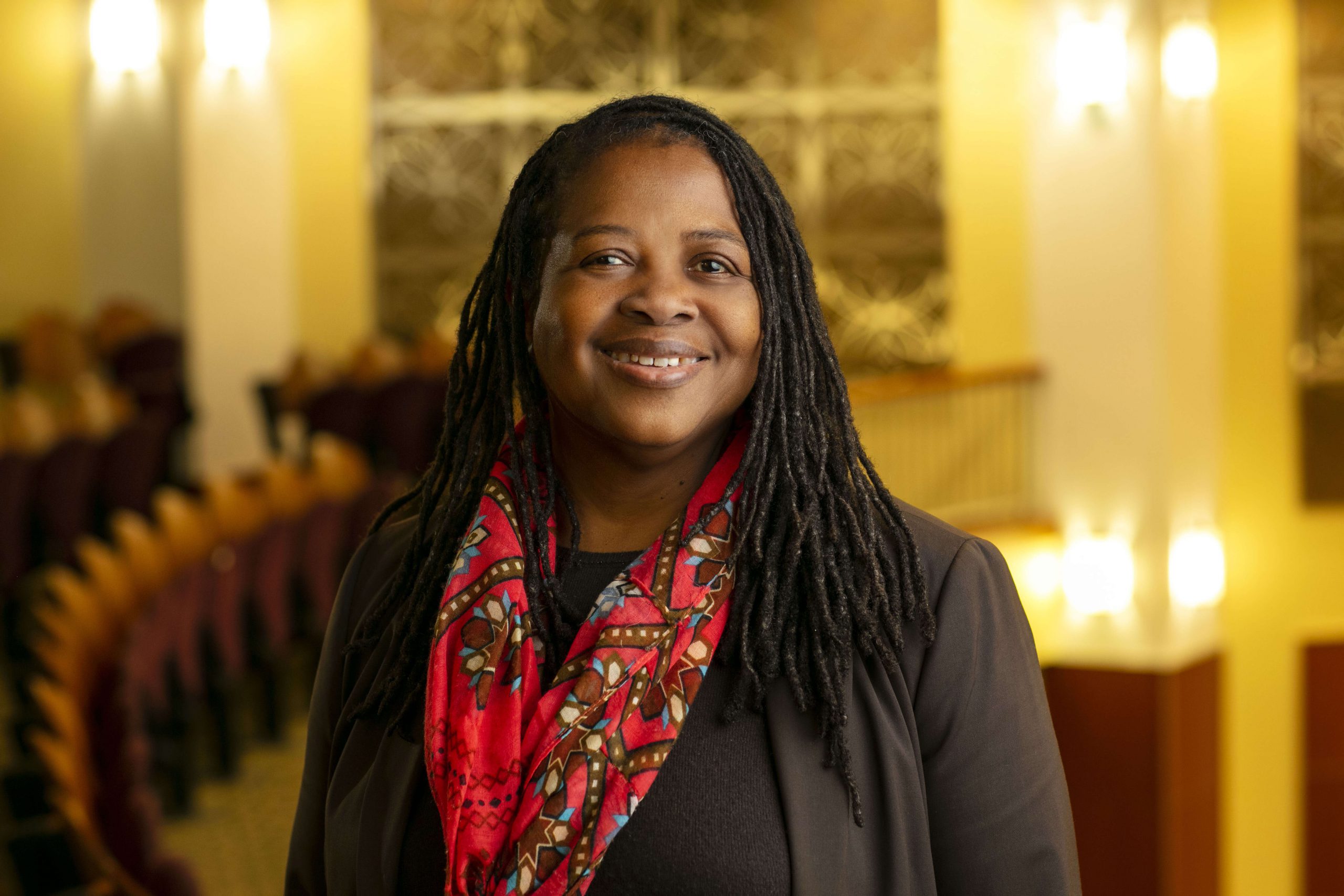Industry News
New Organization Aims to Change the Face of Classical Music
**EDITOR'S NOTE: Deadline to apply for this program is July 3, 2020.**
It’s no secret that the market for classical musicians is highly competitive. The future for young musicians of color, however, is brightening, just as the demand for diversity across all professions is growing. Programs like Sphinx and Play on Philly are fairly well established in helping to widen the talent pool, and now there’s a newcomer: Chicago Musical Pathways Initiative (CMPI), now accepting applications for its second year in 2021-22—for which the deadline is July 3.
Some 50 new students are expected in the fall, bringing total enrollment to 93. All hail from the African-American, Latinx, or South/Southeast Asian communities—groups whose constituents comprise just three percent of major American orchestras.
Director Adrienne Thompson says CMPI is based in the “whole village concept. Everyone's involved in keeping the student on the path.”
Launched in 2018 with support from the Andrew W. Mellon Foundation, CMPI is the largest of five such programs in the U.S.--the others are in Atlanta, Nashville, Philadelphia, and Boston. Designed as an after-school program for grades six through 12, CMPI last year graduated seven seniors planning to enter high level music schools, with scholarships and financial aid totaling $3.8 million.
 CMPI students pictured at the close of their October recital in Orchestra Hall
CMPI students pictured at the close of their October recital in Orchestra Hall
One of those graduates is oboist Oliver Talukder, who is headed for the Curtis Institute of Music after studying with Chicago Symphony Orchestra principal William Welter, to whom he was introduced by CMPI.
“CMPI has helped me immensely by making sure I have a support system at all times on my musical journey," Talukder wrote in an email. "I wouldn’t have been able to achieve what I have without the help of CMPI.”
Clearly it’s a game-changer. CMPI fellows receive financial aid for everything from private lessons and concert tickets to audition fees, travel expenses, and instrument purchase and repair.
"Everything we do is designed around the student and parent having an idea of what the expectations are and what kinds of exposures they need to be successful," says Thompson.
Developed by a conglomerate of Chicago-area arts institutions including the Chicago Symphony Orchestra, Merit School of Music, and DePaul University, CMPI is not for the casual student, or the beginner. Its objective is to identify serious young artists and connect them to the professionals and other educational resources they wouldn’t otherwise have access to.
It's a rigorous program. The intake process alone takes three months and entails multiple auditions, says Thompson. Once admitted, students are expected not only to take lessons but also to attend concerts, write reports, perform, and meet with mentors and staff. Their private teachers, in turn, can all boast a history of landing students in conservatories.
"We're looking for students who feel like they can't imagine music not being a part of their lives," says Thompson, a former music educator whose three children graduated from the Atlanta program, organized by the Atlanta Symphony Orchestra. "They are intrinsically motivated and like to practice. It's definitely a commitment."
Not even a natural talent is likely to advance, she says, if he or she doesn't believe themselves to be capable, understand their options, or know where best to direct their energies.
"A lot of times, people don't know what they're supposed to do, or they're intimidated and therefore don't try," Thompson says. "We let them know these things are possible. Our goal is to get them ready for the next step in the process."
 At CMPI, that means identifying passionate young musicians and placing them in a supportive environment, giving them all the tools and inspiration they need to continue.
At CMPI, that means identifying passionate young musicians and placing them in a supportive environment, giving them all the tools and inspiration they need to continue.
"All of a sudden, with us, you're in a group of like-minded individuals that affirm who you are and what you're trying to achieve," Thompson says. "There's no substitute for being surrounded by the standards that allow for excellence and success."
CMPI isn't alone in its pursuit of diversity among musicians. Apart from organizations like Sphinx and Play on Philly, conservatories have taken up the mantle as well. The Cleveland Institute of Music, for one, launched the Musical Pathway Fellowship in 2017, which guides students in grades five to ten into its pre-college program.
Detroit-based Sphinx is a national organization designed for 11- to 18-year-olds. President Afa Dworkin says the operation, founded in 1996 by husband Aaron P. Dworkin, offers programs similar to CMPI’s but covers a broader range, beyond performance. "We're a full-service organization that tries to work with every facet of the industry,” she reports. “Our focus is representation at every level."
Even if their target audiences differ, their objectives are the same: to change the face of classical music, one person at a time.
Pictured: CMPI Director Adrienne Thompson

WHO'S BLOGGING

Law and Disorder by GG Arts Law
Career Advice by Legendary Manager Edna Landau
An American in Paris by Frank Cadenhead





 FEATURED JOBS
FEATURED JOBS

 RENT A PHOTO
RENT A PHOTO


